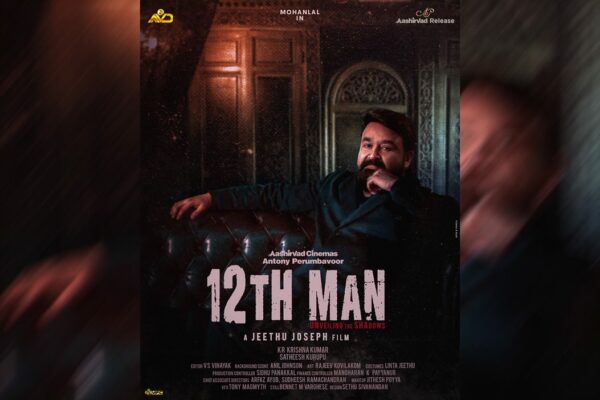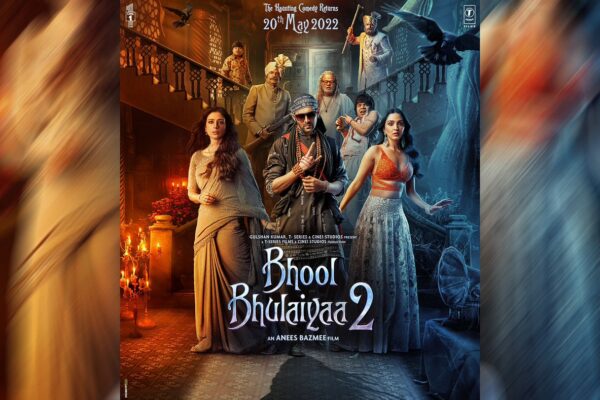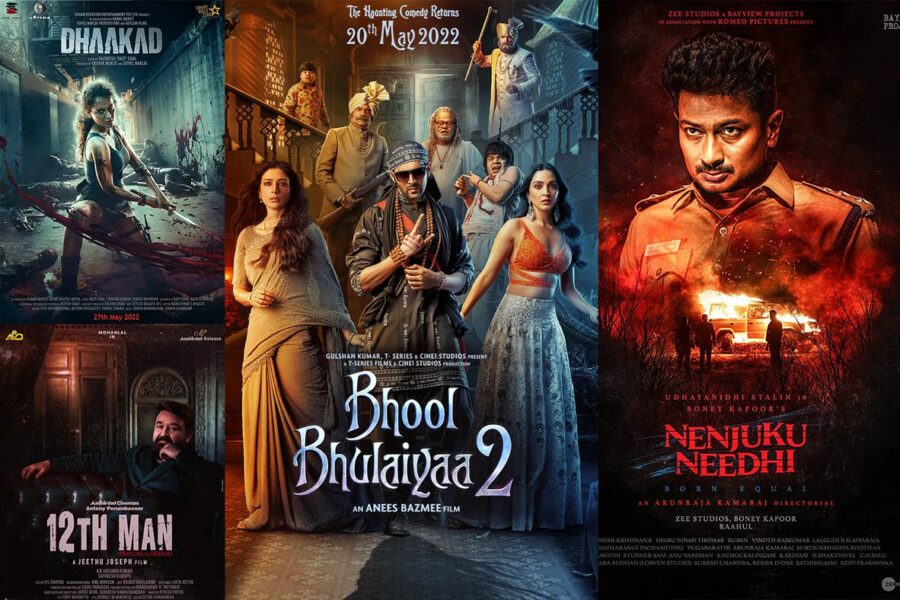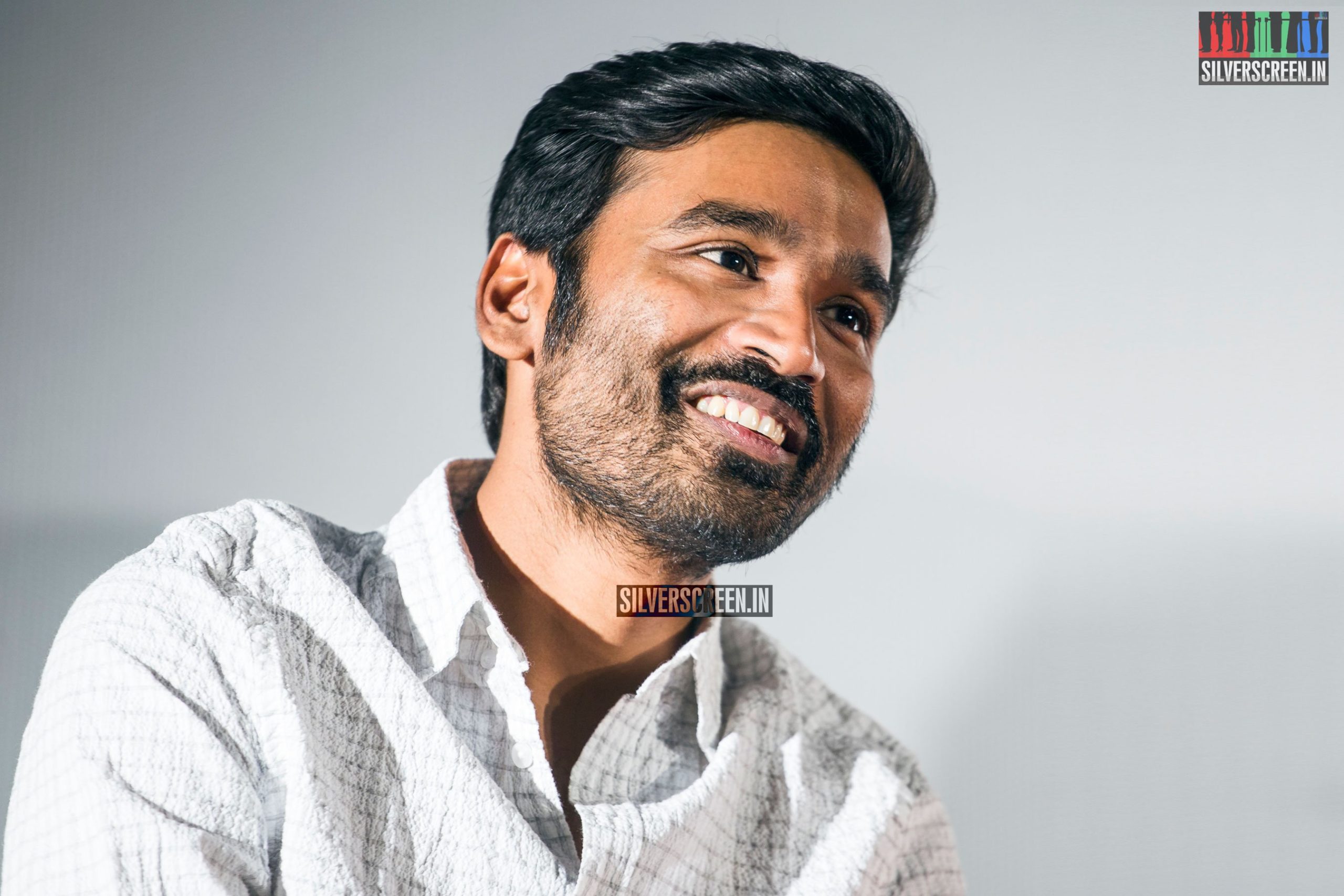As films return to cinemas more, and less to OTT, box office numbers seem to have experienced spikes. While Kartik Aaryan-starrer Bhool Bhulaiyaa 2 has earned around Rs 14 crores on its opening day, thereby making it the second film with the highest opening post the pandemic for a Hindi film, Kangana Ranaut‘s Dhaakad has only garner Rs 50 lakh.
Ranveer Singh‘s Jayeshbhai Jordaar also has not recorded high ticket sales.
Silverscreen India brings to you a compilation of reviews of films that released both online as well as in cinemas.
Dhaakad
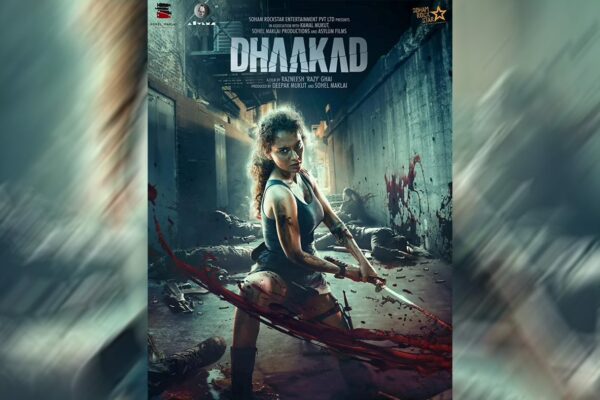
Razneesh Ghai‘s Dhaakad features actors Kangana Ranaut, Arjun Rampal, and Divya Dutta in pivotal roles. The film tells the story of Agent Agni, essayed by Ranaut, who is a field agent entrusted with the mission to gather Intel and eliminate Rudraveer, an international human and arms trafficker.
Sankeertana of Silverscreen India writes that apart from Ranaut’s portrayal as an international agent – a rare sight in Indian cinema – Dhaakad has very little to offer.
However, she adds that the film’s gaze is firmly male, and notes that even though the protagonist does not have to explain her streak of violence, “the film needed so much more to sustain the incessant action. I can even understand the simple emotional stakes, but the cliche-riddled journey the film takes its protagonist on is unacceptable. ”
“Arjun Rampal and Divya Dutta‘s characters are given enough scope and space to shine, and they do in parts. But the emotional arcs of all characters involved in the film are broad and predictable. How can a viewer invest if they already know a character’s every beat? How can they connect with something that’s barely there?” Sankeertana writes.
Rahul Desai of Film Companion, notes the tonal similarities between Dhaakad and other Hollywood female-assassin thrillers, including but not limited to Atomic Blonde and Red Sparrow.
Desai reflects similar sentiments as Sankeertana, and writes, “The intent is correct, but the execution leaves a lot to be desired.”
He adds, “The film itself is all too tropey and familiar, as is her final face-off with raspy Rudra, not to mention the final twist that comes as no surprise to anyone who wonders what sort of agency recruits grief-stricken children and mines their trauma to make them deadly assassins.”
Anna MM Vetticad of Firstpost calls the film “shamelessly derivative”, and writes, “It is not Tarantino though, but the Lara Croft blockbuster franchise starring Angelina Jolie that the team of this Hindi film primarily seems to be mining, right down to the heroine’s look, which includes figure-hugging black outfits of varying lengths and long plaited hair in large parts of the narrative.”
She calls the storytelling colourless, and the film unoriginal, and notes that the film’s biggest problem lies in its lack of imagination.
“To make up for the vacuum of ideas, extremely violent scenes are inserted into the proceedings at intervals,” Vetticad writes.
Even in terms of performances, Vetticad writes that Ranaut, Rampal, and Dutta weren’t as noteworthy as Saswata Chatterjee and Sharib Hashmi.
The film has an IMDb rating of 7.2.
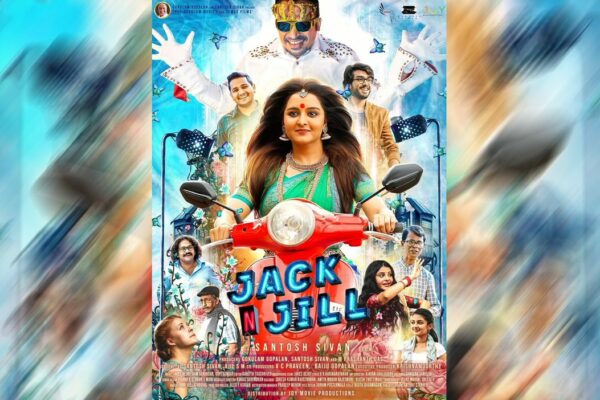
Directed by cinematographer and filmmaker Santosh Sivan, Jack N Jill revolves around Manju Warrier‘s Parvathy, a patient of schizophrenia, who, without her will, becomes the subject of an AI experiment conducted by Kesh (Kalidas Jayaram), a US-based scientist. The test transforms Parvathy into a superhero equipped with the best cognitive and combat skills.
The film also features actors Nedumudi Venu, Soubin Shahir, Aju Varghese, and Basil Joseph, in supporting roles.
According to Aswathy Gopalakrishnan of Silverscreen India, the film does not look like a Santosh Sivan film.
Recommended
She notes, “Where are Sivan’s famous fascinating compositions, frames dripping with delicious colours and lights, the building of atmospherics? The film has what the general viewers call the “video” look ﹣blunt and raw, resembling old home videos.”
Gopalakrishnan adds that apart from Warrier, Jayaram, and Venu, every other actor looks out of place. Even the characterisation of Shahir, Varghese, and Joseph, she says, is a humongous waste of talent.
“One can see their characters resemble Balarama’s Vikraman and Muthu, the foolish thugs, in tune with the film’s overall low-cost comic book nature. But the jokes do not work, thanks to the flat staging of the scenes,” writes Gopalakrishnan.
The sole takeaway from the film, according to the reviewer, “is the hinting of a romantic track featuring her and Kalidas, the 28-year-old son of her former co-star, Jayaram.”
SR Praveen of The Hindu, writes, “It is not often that one would come across a film where every department seems to be in a competition with each other in a race to the bottom, where cinema lies battered and bruised.”
